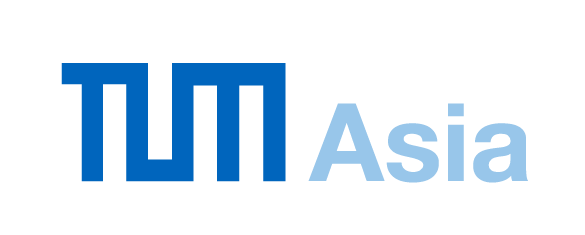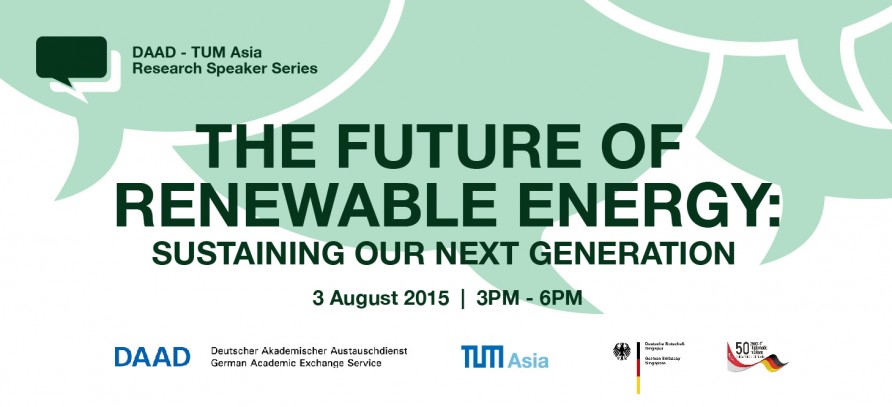“Wind Energy Research: Status, Challenges and Opportunities”
Prof. Carlo Bottasso, Technische Universität München
Chair, Wind Energy
Abstract
Wind power technology has been experiencing tremendous advances in recent years, and in fact wind is now making a very significant contribution to the energy mix of many countries. There are great expectations from wind energy, which could play a crucial role in satisfying the demands of an energy-hungry world in a clean and renewable way.
Notwithstanding the late progress, there are however specific barriers that still should be removed and many areas where improvements can be made. In fact, scientific and technological advances may lead to significant effects on the cost of energy, on the social acceptability and on the environmental and human impacts of wind power.
This talk will review some of the main scientific and technological challenges in wind power technology and, within this framework, will describe recent research activities developed at the Wind Energy Institute of the Technische Universität München. The Institute is particularly active in the optimization of the design of wind turbines, with focus on high efficiency and light weight enabled by smart controls and advanced aerodynamic, structural and material technologies. The Institute is also active in the optimization of wind power plants, where coordinated control strategies may lead to improved yield, extended life and reduced land occupation.
“Adopting Renewable Energy in Southeast Asia: Opportunities, Challenges and Lessons Learnt”
Kamal Soundararajan, DNV GL Renewables Advisory
Consultant
Session by Dr Thomas Reindl, Solar Energy Research Institute of Singapore (SERIS)
Cluster Director, Solar Energy Systems
Abstract
“Adding renewables to the energy mix of a country not only helps to reduce CO2 emissions, but also has political and economic impacts: less dependencies on other countries for fuel imports, saving of funds for purchasing fuel overseas and the creation of future-compliant jobs, just to name a few. For the case of Singapore, solar energy is the most abundant renewable energy resource available and photovoltaics (PV) the most promising technology to harvest it. The presentation will show the potential for solar PV in Singapore and how to manage the transition from virtually zero to a PV contribution in the Gigawatt scale.”
“Sustainability in Singapore Over the Next 50 Years”
Kavickumar s/o Muruganathan, Singapore Environment Council
Head (Eco-Certifications) / Lead Environmental Engineer
Abstract
Sustainability has been a pertinent issue confronting many corporations and governments. Here in Singapore, sustainability has been at the forefront of many government led initiatives and projects. The recently released Sustainable Singapore Blueprint 2015 outlines our national vision and plans for a more liveable and sustainable Singapore, to support the diverse needs and growing aspirations of Singaporeans.
Coupled with Singapore’s ambitious target to reduce carbon emissions by 36% by 2030, the blueprint had identified key areas such as transportation, energy efficiency and waste reduction to ensure resource sustainability.
The talk aims to shed light on Singapore’s sustainability journey since independence and the challenges facing the nation as it charts its path ahead for the next 50 years. Some issues to be touched on include the lack of natural resources, demographical changes and changing economic environment.


